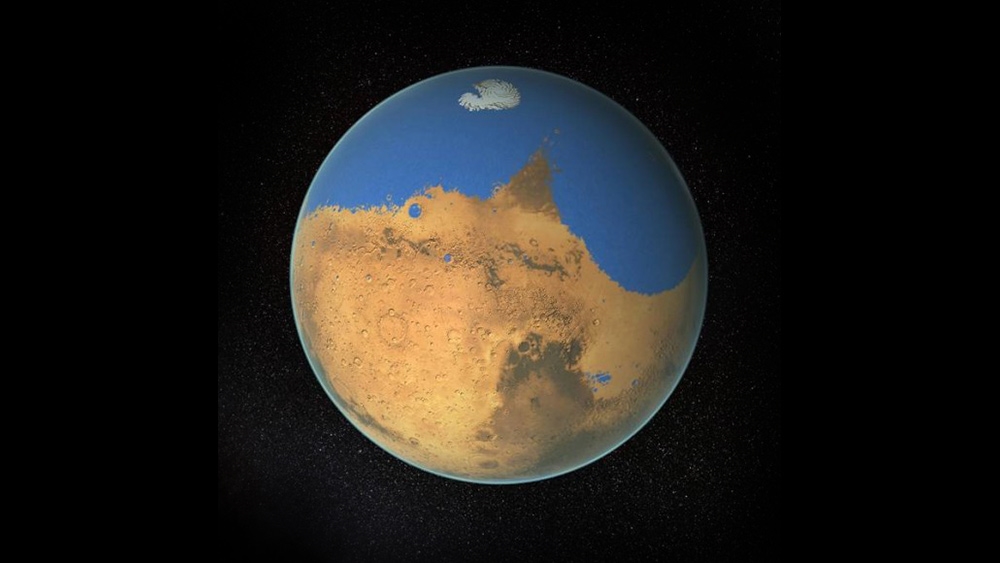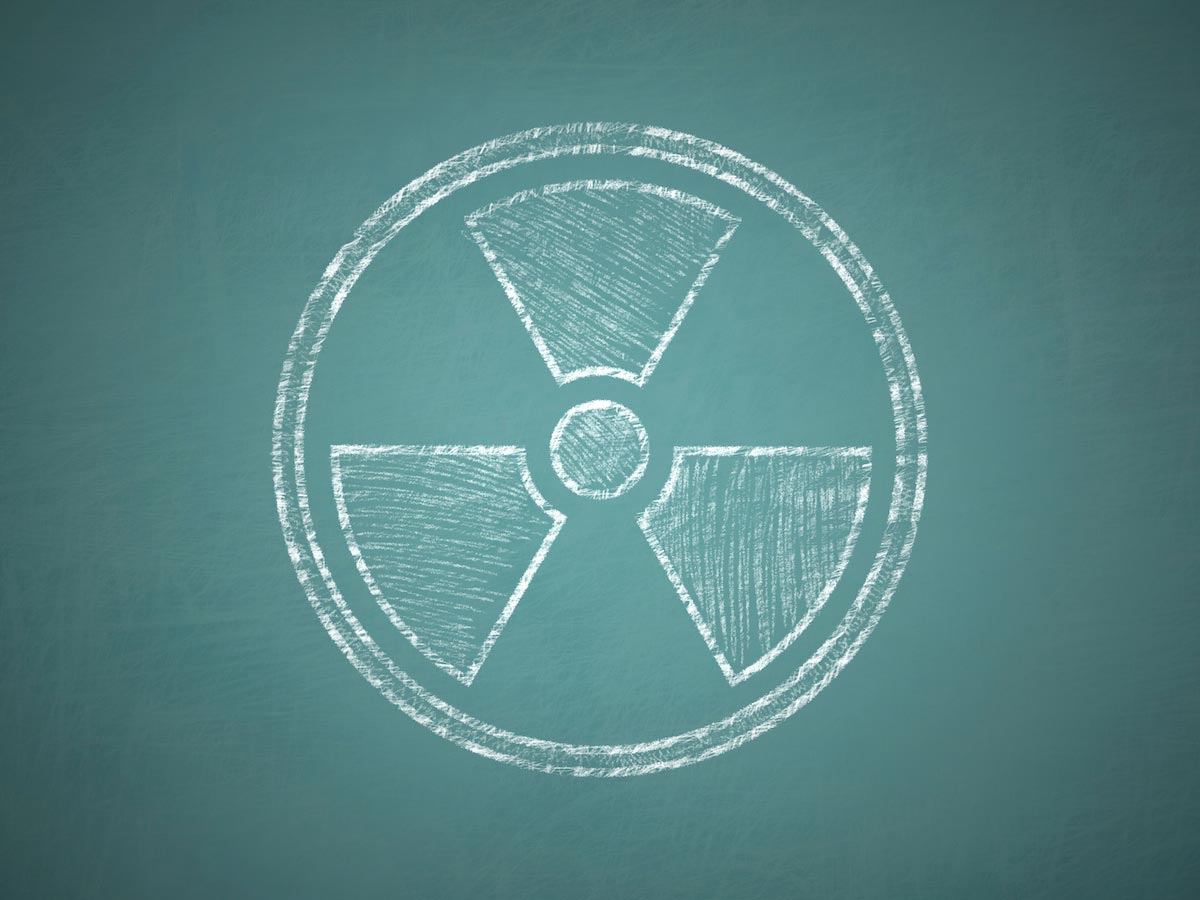
Although researchers have long believed that the Red Planet once held water, just how much water it had is still up for debate. (Related: Scientists discover new evidence of liquid water on Mars.)
The study estimates that the oceans covered the entire planet, and could have ranged anywhere from 984 feet to 3,280 feet deep. Given that Mars is about half the size of Earth, Professor Martin Bizzarro of the Center for Star and Planet Formation said that in comparison, "there is actually very little water on our planet."
Scientists from the University of Copenhagen are hoping that the new results could bring humanity closer to answering a crucial question: Did Mars ever have life?
Water brought to Mars by icy asteroids
Spirit and Opportunity, the twin rovers of the National Aeronautics and Space Administration, found evidence of water on Mars in 2007. One of Spirit's wheels broke and gorged a piece of stone at the time. Examination of the silica-rich layer found in the scratch indicated it developed in the presence of liquid water.
According to Bizzarro, the water was brought to Mars by asteroids brimming with ice. The icy asteroids also brought to Mars biologically important molecules like amino acids, which are used when DNA and RNA form bases that hold everything a cell needs.
"This happened within Mars' first 100 million years. After this period, something catastrophic happened for potential life on Earth. It is believed that there was a gigantic collision between the Earth and another Mars-sized planet. It was an energetic collision that formed the Earth-Moon system and, at the same time, wiped out all potential life on Earth," Bizzarro said.
To arrive at these conclusions, the scientists examined a meteorite formed 4.5 billion years ago. According to Vizarro, it is now "a fragment of the original crust of Mars." He added that it records the bombardment history of the Red Planet.
Unlike Earth, Mars lacks tectonic plates deep below its surface as the searing molten rock has long cooled to form a rocky mantle. This keeps the surface of Mars relatively unchanged and allows scientists to analyze its history in a way that could not be done on Earth.
"Plate tectonics on Earth erased all evidence of what happened in the first 500 million years of our planet's history. The plates constantly move and are recycled back and destroyed into the interior of our planet. In contrast, Mars does not have plate tectonics such that the planet's surface preserves a record of its earliest history," Bizzarro said.
Experts: Ancient microbes could survive 280 million years beneath Mars' surface
Experts earlier declared that ancient microbes could survive for hundreds of millions of years underneath the surface of Mars in "suspended animation."
Scientists said a bacterium called Deinococcus radiodurans could survive 280 million years on Mars, almost 300 times longer than earlier believed, if it was buried 32 feet beneath the Red Planet's surface.
D. radiodurans is also called "Conan the Bacterium" and a "superhero of the bacterial world" because of its toughness, which has even received the title of "world's toughest known bacterium" in the Guinness Book of Records. It is also known to endure acid baths, high and low temperatures and doses of radiation.
D. radiodurans likely doesn't exist on Mars, but scientists think similar microorganisms could exist there for a comparable time period.
Follow Space.news for more about the Red Planet.
Watch the video below to learn more about the possibility that water once flowed on Mars.
More related stories:
ESA's ExoMars orbiter finds "significant amounts of water" just three feet below surface of Mars.
Astronomers may have discovered multiple underground lakes on Mars.
Evidence of life on Mars erased over time - NASA scientists.
Sources include:
Please contact us for more information.























